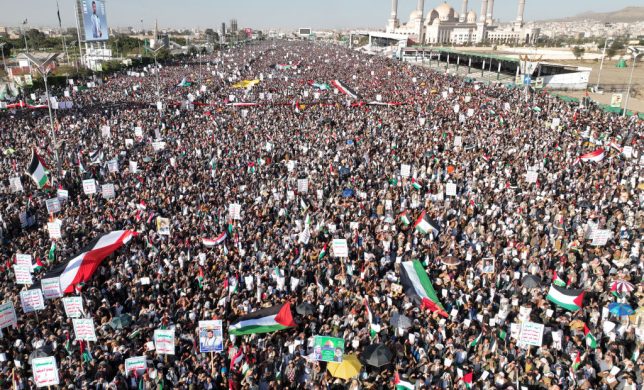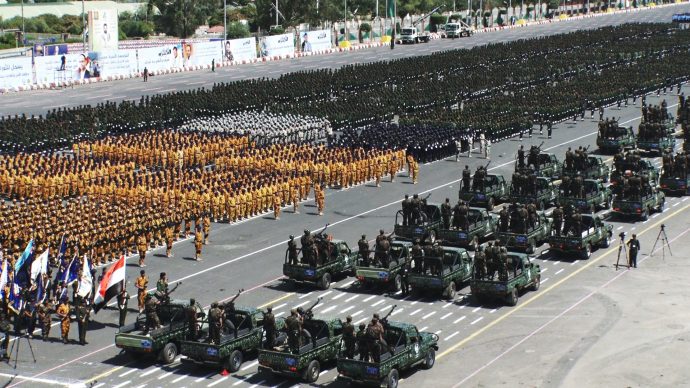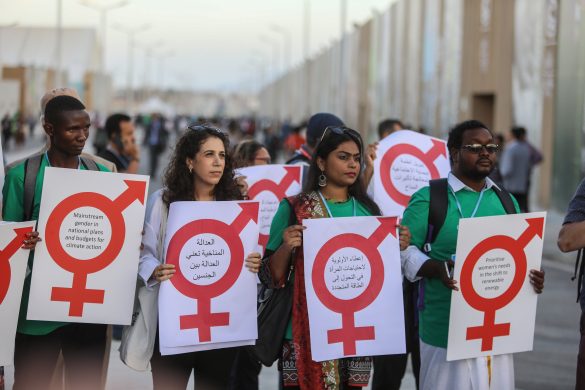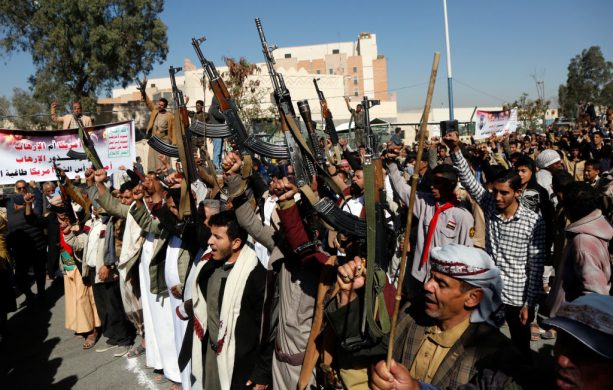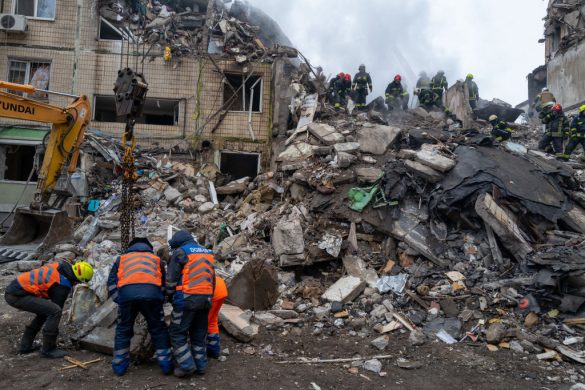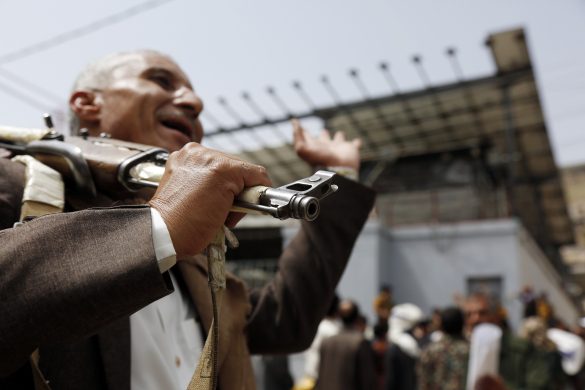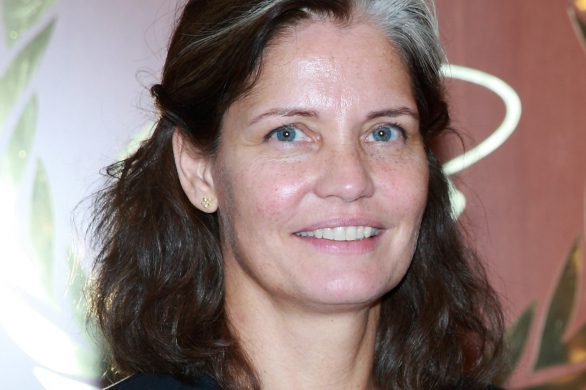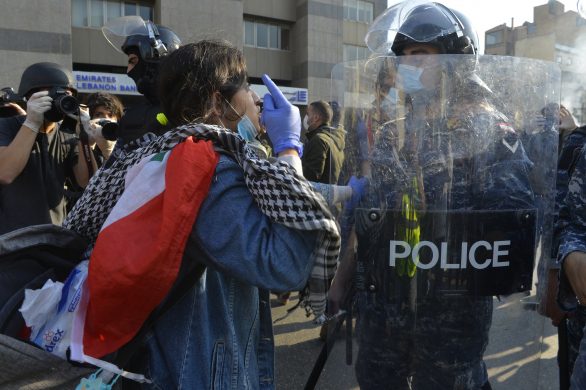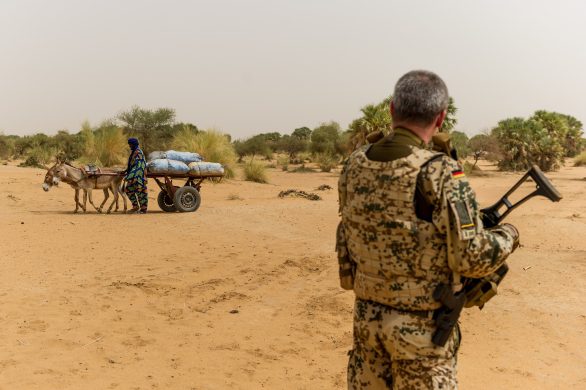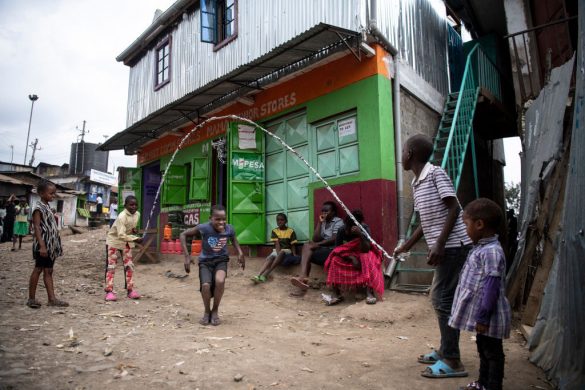SANÀA, 19 November 2012: “Your country… was on the brink of civil war, even just one year ago. But you have overcome this with political courage and determination which meant, in the end, foresight and political wisdom have prevailed,” Mr. Ban said at a media encounter in the Yemeni capital of Sana’a. “This is a process which must be irreversible. There is no turning back.”
The UN chief was in the Arabian peninsula nation to mark the forthcoming first anniversary of the conclusion of a peace and transition agreement, reached in the Saudi capital of Riyadh in November last year, and lend his personal support to the country’s transition process.
“The United Nations is here to witness the progress which you have made and also reaffirm our strong commitment that we will stand by the Yemeni people and Government in making advances toward a brighter future, and prosperous and conciliatory and participatory democracy,” he said.
Yemen has been undergoing a democratic transition, with a Government of National Unity under the leadership of President Abdrabuh Mansour Hadi, who came to power in an election in February. This followed an agreement signed by warring factions in November 2011 on a transitional settlement in the wake of widespread protests similar to those seen across the Middle East and North Africa, and the resignation of former president Ali Abdullah Saleh.
An important element of the transition is an all-inclusive, so-called National Dialogue, scheduled to take place later this year, and the outcome of which will feed into a constitution-making process that is to conclude in late 2013, enabling general elections to take place in February 2014.
In remarks for an event marking the anniversary in Sana’a, the Secretary-General welcomed the country’s progress, noting that while calm had returned to most parts of the country, it still faced profound challenges.
He also highlighted the importance of the National Dialogue process and how this needed to be open to all, with women exercising a prominent and meaningful role, and the views and aspirations of Yemeni young people also taken into account.
“This is a historic moment – but it may be too early only to rejoice; there is still a long way to go. I know that there will be many hurdles and challenges. You have just started the process of national dialogue,” Mr. Ban said in his remarks at the media encounter.
While in Yemen, the UN chief met with President Hadi and Prime Minister Mohammed Salim Basindwah and his cabinet, in addition to a range of young people, men and women, and members of the diplomatic corps and the Preparatory Committee for the National Dialogue, amongst others.
“I have met the technical committee, preparatory committee members, and they are very much committed to address all the challenges, including the grievances of [the South] and meeting the legitimate aspirations of many people,” Mr. Ban said. “This process will be Yemeni led and Yemeni owned. The United Nations together with member states of the international community will continue to help.”
Acknowledging “very difficult past legacies,” the Secretary-General noted that these legacies can be overcome through reconciliation and mutual understanding, as well as more caring policies from President Hadi and Prime Minister Basindwah.
“This Government of National Unity has been playing a very important role. I am sure that under such a strong leadership and with strong backing from the United Nations you will be successful. That is my message. Let us work together,” Mr. Ban said.
In his media remarks, the UN chief also thanked the members of the Gulf Cooperation Council and the Security Council, particularly the latter’s permanent members, and other major donors which have been supporting Yemen.




